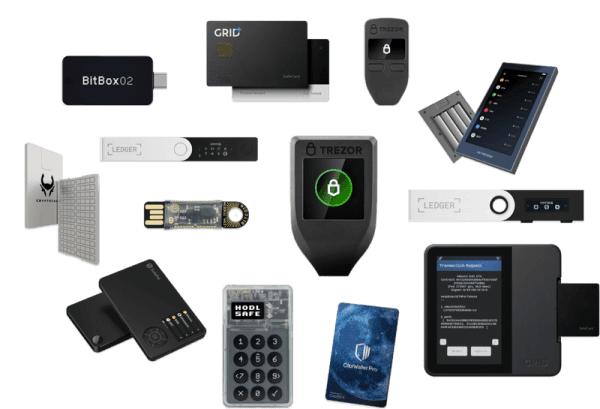Navigating the World of Self-Custody in Bitcoin: A Comprehensive Guide
Introduction:
Bitcoin, the decentralized digital currency that has captivated the financial world, operates on the principles of autonomy and individual control. One of the fundamental tenets of Bitcoin is the ability for users to take control of their own funds through a practice known as self-custody. This article will delve into the intricacies of self-custody in Bitcoin, exploring the advantages, challenges, and essential practices for individuals seeking to secure their digital assets independently.
Understanding Self-Custody:
Self-custody in Bitcoin refers to the practice of users managing their private keys and securing their funds without relying on third-party intermediaries like exchanges or custodial wallets. This approach empowers individuals to have complete control over their financial assets, eliminating the need to trust external entities with the security of their bitcoins.
Private Keys and Wallets:
At the heart of self-custody lies the concept of private keys – cryptographic keys that grant access to one's bitcoins. Wallets, in the context of Bitcoin, are digital tools that manage these keys and facilitate transactions. Self-custodians can choose from various types of wallets, including hardware wallets, software wallets, and paper wallets, each offering different levels of security and convenience.
Advantages of Self-Custody:
- Security: Self-custody significantly enhances security by reducing the risk of centralized points of failure. Users are not reliant on the security measures of third-party platforms.
- Financial Independence: Self-custody aligns with the ethos of financial independence and sovereignty, as users have complete control over their funds without depending on external entities.
- Privacy: Self-custodianship ensures greater privacy, as users are not required to disclose personal information to third-party services. This aligns with the pseudonymous nature of Bitcoin.
- Ownership and Control: Users maintain full ownership and control of their private keys, eliminating the risk of frozen accounts or loss of funds due to exchange failures.

Challenges of Self-Custody:
Responsibility:
With great control comes great responsibility. Users must take proactive steps to secure and back up their private keys. Losing access to private keys can result in irreversible loss of funds.
User Experience:
Some users find the process of managing private keys and wallets more complex compared to the simplicity of using centralized exchanges. However, user-friendly solutions are continually being developed to address this concern.
Best Practices for Self-Custody:
- Secure Backups: Create secure backups of private keys and recovery phrases in multiple physical locations. This ensures access to funds even in the event of device loss or failure.
- Use Hardware Wallets: Hardware wallets, like Ledger or Trezor, provide an extra layer of security by keeping private keys offline. These devices are resistant to online hacking attempts.
- Regular Updates: Keep software wallets and hardware wallets up to date with the latest security patches and firmware updates to protect against potential vulnerabilities.
- Practice Cold Storage: Consider using cold storage solutions, such as paper wallets or hardware wallets, to keep private keys completely offline and away from potential online threats.

Conclusion:
Self-custody in Bitcoin embodies the spirit of decentralization and individual empowerment. While it requires users to take on additional responsibilities, the benefits – increased security, financial autonomy, and enhanced privacy – make it a compelling choice for those who value the core principles of the Bitcoin network. As the digital landscape evolves, self-custody stands as a testament to the enduring vision of financial freedom that Bitcoin seeks to offer to its users.





























